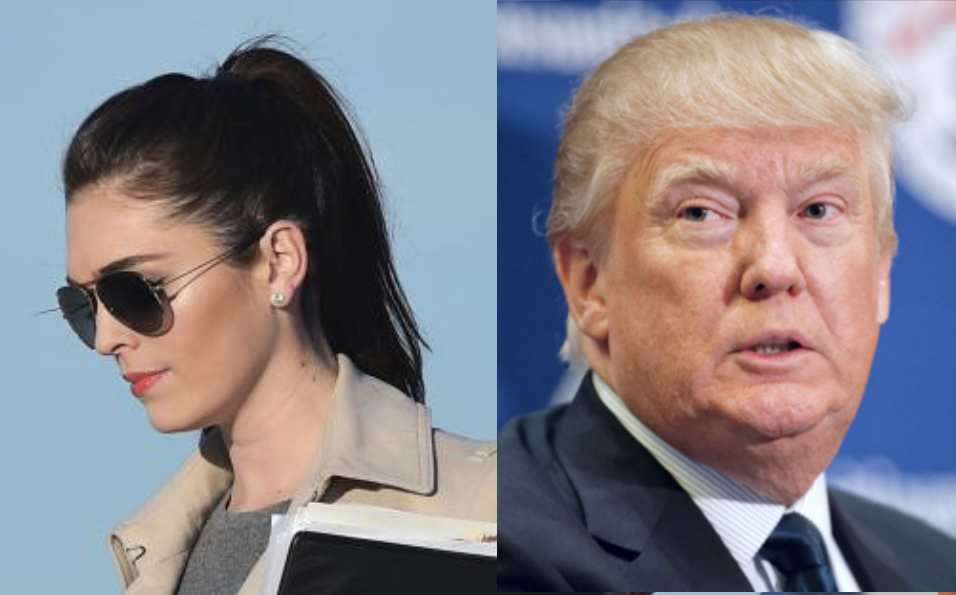The real reason the House Judiciary Committee is subpoenaing Hope Hicks and Steve Bannon over the Mueller report

This morning the House Judiciary Committee made headlines by voting to subpoena the Robert Mueller report – and we’ll see Chairman Jerry Nadler formally issue that subpoena before long. The committee also made headlines by voting to subpoena five of Donald Trump’s former White House advisers, all of whom have already reportedly cooperated with the Mueller probe and the committee. So what’s really going on here?
The subpoena list includes Hope Hicks, Steve Bannon, Reince Priebus, Don McGahn, and McGahn’s former deputy Annie Donaldson. It was previously reported that these subpoenas were for documents, and now The New York Times says that the subpoenas are specifically in relation to Mueller’s obstruction of justice probe. But just last week Nadler announced that Bannon had turned over thousands of pages of documents, and CNN reported that Hicks was also turning over documents. In addition, earlier reports from various major media outlets have stated that Bannon, Hicks, Priebus, and McGahn, all provided Mueller with substantial cooperation. So why subpoena people who are already apparently fully cooperating?
Considering that the committee is seeking documents relating to Donald Trump’s obstruction of justice antics, it’s not difficult to predict that the Trump White House might try to claim some form of executive privilege in order to prevent these documents from becoming public. By issuing subpoenas to these five people, the committee is creating stronger legal ground for them to turn over any obstruction documents that might end up being legally contested. In short, the subpoenas make it easier for these people to fully cooperate.
We’ll see a similar scenario play out once the House Judiciary Committee inevitably subpoenas Robert Mueller to testify about his investigation and his report. Even if Mueller wants to fully cooperate, William Barr could attempt to place severe limits on what Mueller is allowed to say. But by subpoenaing Mueller, the committee will be giving him stronger legal ground to reveal whatever he wants to reveal.
